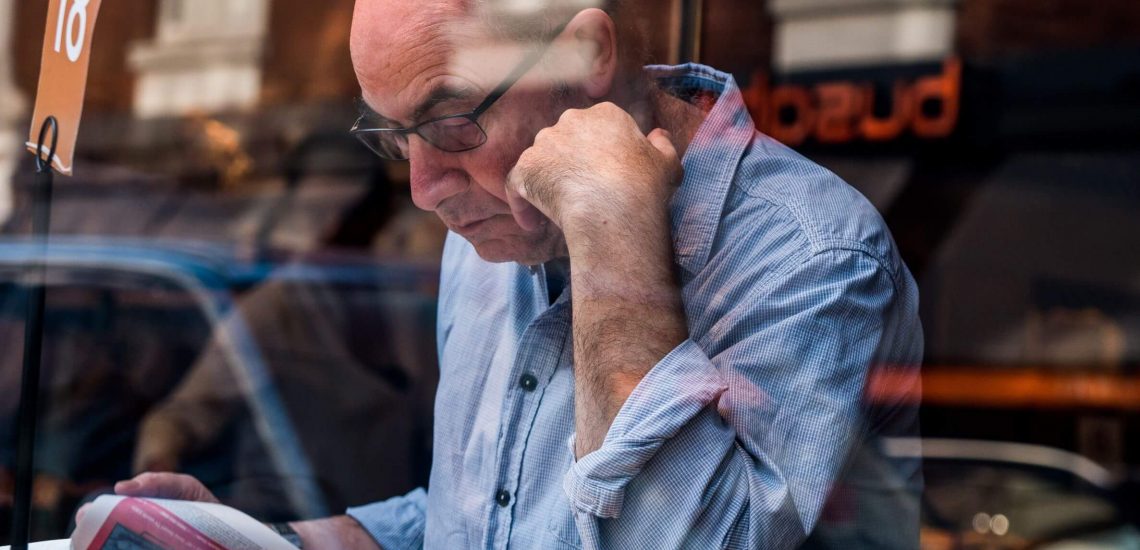Sensorineural hearing loss is one of the three types of hearing loss. With this form of hearing loss, the inner ear hair cells are damaged and thus no longer properly send neural signals to the brain to be processed as sound. Age-related hearing loss, or presbycusis, is one of the forms of sensorineural hearing loss. Noise-induced hearing loss, due to exposure to excessive noise, is the other common form of sensorineural hearing loss. While noise-induced hearing loss is preventable, presbycusis occurs naturally and gradually as we age. In the US, one in three people between the ages of 65 and 74 experience some degree of hearing loss. For people over the age of 75, 50% have a hearing loss. For people age 85 or older, 80% experience some degree of hearing loss. With presbycusis, people usually experience hearing loss in both ears (bilateral hearing loss) and because it occurs gradually, people do not often recognize that they are experiencing hearing loss.
Age-Related Hearing Loss is Often Undiagnosed & Undertreated
According to audiologist Renee Monahan in Today’s Geriatric Medicine, age-related hearing loss is undiagnosed and undertreated in the United States. Given the high percentage of Americans age 65 and older that experience hearing loss, “primary care physicians routinely screen only about 12.9% of the total US population for hearing loss.” Dr. Justin Golub, an otolaryngologist at Columbia University Medical Center in New York, says, “It’s a fact of aging that even baby boomers will face hearing loss. Yet, fewer than 1 in 5 people will treat age-related hearing loss. This statistic has not changed in over 40 years.”
Acknowledging the Signs of Hearing Loss
To combat the consequences of hearing loss, it is important to first notice the signs of hearing loss. Because it is an invisible condition, we may not notice hearing loss immediately, nor will we think of it as an underlying problem that affects different areas of our lives. According to the Hearing Loss Association of America (HLAA), if you answer yes to the following, you may be experiencing a hearing loss. Do you:
- Often ask people to repeat what they say?
- Have trouble hearing in groups?
- Think others mumble?
- Fail to hear someone talking from behind you?
- Turn up the volume on the TV or car radio?
- Have difficulty on the phone?
- Have trouble hearing your alarm clock?
- Have difficulty hearing at the movies
- Dread going to noisy parties and restaurants?
Seeking Treatment for Hearing Loss
If you believe that you have a hearing loss, it is important to seek treatment as soon as possible. The HLAA estimates that people wait an average of seven years between the time they first experience changes in their hearing to the time they decide to seek treatment. During this time, hearing loss may gradually worsen and exacerbate some of the consequences outlined above. Hearing specialists recommend that people begin taking an annual hearing test from the age of 50. Even if a hearing loss is not detected, it is important to monitor your hearing abilities. Schedule a complimentary hearing test at one of our hearing centers across the country.


